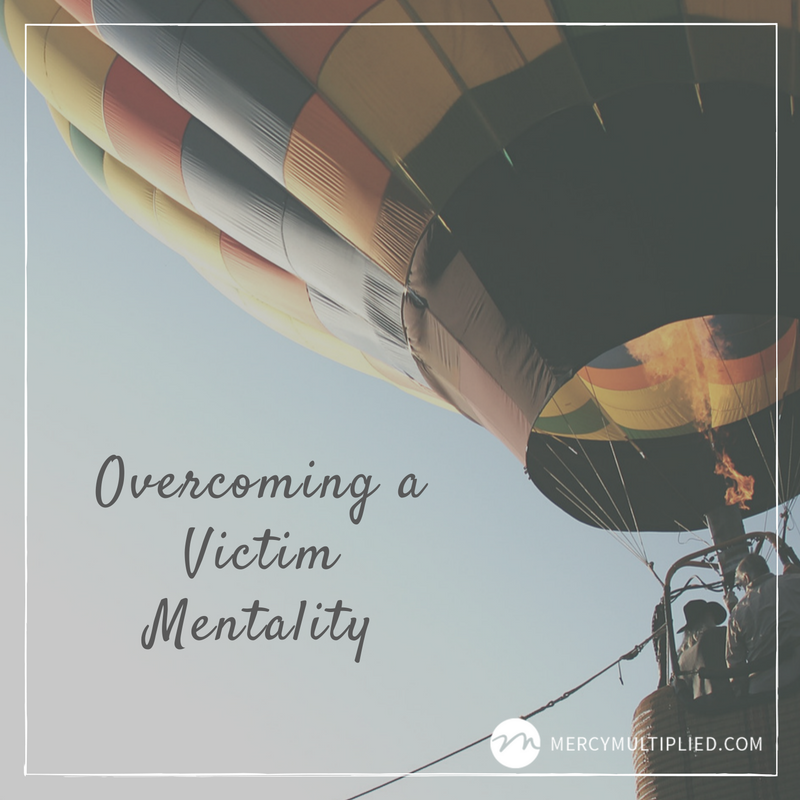When you look at our culture today, there are many individuals who struggle with a victim mentality – whether they are aware of it or not. When someone struggles with victim mentality, they tend to regard themselves as a victim of the negative actions of others and to think, speak, and act as if that were the case, even in the absence of clear evidence. A person may have been victimized at one point in their lives, but even when the legitimate victimizing experience has ended, the individual continues to identify themselves as a victim – instead of a victor.
If you or someone you’re working with is struggling with a victim mentality, something significant has happened to open the door to victim mentality. The truth is that your experience is important and valid.
But there is another important truth to keep in mind – there is a difference between excuses and explanations. Sooner or later you have to make a decision to say, “I was a victim and I was victimized in the PAST, but I have to choose NOW whether or not I’m going to remain a victim.” You choose whether or not the experiences of the past will EXCUSE a victim mentality or simply EXPLAIN it as you choose to overcome. This choice holds unimaginable power in what your future can hold.
Victim mentality can take on a lot of different forms, so how do we identify victim mentality?
- Victims struggle with self centeredness/selfishness – often with little awareness. Selfishness becomes a “buffer” to those that struggle with a victim mentality. It allows them to remain focused on themselves and therefore, they feel more in control and safer in relationship with others.
- Victims find their value, worth and permission to do things or be a certain way from the people that they place in power over them such as their spouses, parents, boyfriend/girlfriends or best friends.
- Victims are not dependable. They often deny responsibility for their actions and are quick to blame other people and situations for anything that doesn’t work in their lives.
- Victims are not resilient, which is the ability to quickly bounce back after being knocked down.
- Victims are generally very passive.
- Victims are often angry at the people or events they think have “done them wrong,” and underneath the feeling of anger is almost always the feeling of powerlessness.
If you are helping someone who has a victim mentality, and therefore isn’t willing to take responsibility for their choices and is always blaming someone else, you likely recognize how difficult it can be to help them move forward in freedom. So what do we do with this? How can we actually help someone with a victim mentality?
- Pray for the Lord to bring revelation, clarity and understanding to the individual that is struggling with a victim mentality.
- Have a conversation (as the Lord leads!) in which you share the specific things that are linked to a victim mentality that you see operating in their lives.
- Discuss options for healing and growth (i.e. resources, counseling and accountability).
- Help them identify the lies they believe that exacerbate a victim mentality. Some of these may include: ‘I’m powerless’, ‘I’ll never get what I want’, ‘People can’t be trusted’, ‘Life is too difficult.’ Once they identify the lies and replace them with truth, they can begin moving forward.
Finally, reiterate the POWER in their choice! They can CHOOSE to remain a victim and miss out on the fullness of all that God has for them, or CHOOSE to be the victor that He has called them to be!
Check out our #MercyTalk Podcast for more thoughts on this topic!

